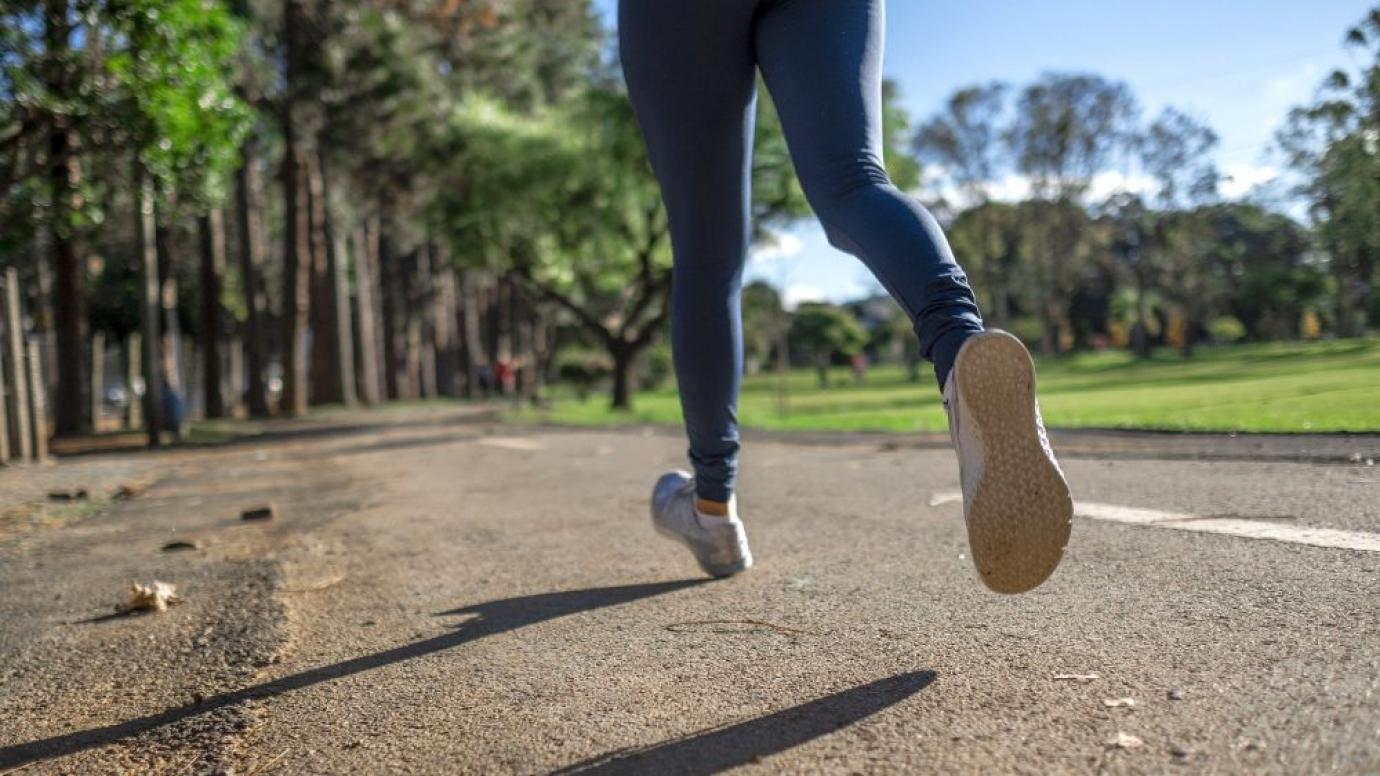- Published:
Towards a healthier society: promoting physical activity and ensuring access to sport for everyone
Everyone can engage in sport to pursue a healthy lifestyle.


Description of pledge activities
The International Olympic Committee will leverage its global reach to promote physical activity and ensure that everyone can engage in sport to pursue a healthy lifestyle.
More awareness for healthy lifestyles across all generations
The coronavirus crisis has highlighted the importance of sport for our societies and has shown that sport is an essential factor in fighting the pandemic and can be an integral part of the solution for the crisis recovery.
The IOC pledges to continue to use its voice and influence as the leader of the Olympic Movement to promote and highlight the physical and mental health benefits of sport for all via its digital platforms and activities in order to get people moving all across the EU and beyond. In the context of the post-COVID recovery, the next two editions of Olympic Day (in 2022 and 2023) will be important milestones to mobilize the whole Olympic Movement and key stakeholders such as International Sports Federations (IFs), National Olympic Committees (NOCs), athletes and communities at large, to raise awareness of the benefits of exercising and engaging in sports activities to pursue a healthy lifestyle.
During the lifespan of the HealthyLifestyle4All initiative, the IOC will also continue to leverage its long-standing strategic partnership with the World Health Organization (WHO), which has physical activity promotion for health at its core.
Better access to sport, physical activity and healthy diets, with special focus on inclusion and non- discrimination to reach disadvantaged groups
The Olympic Agenda 2020+5, the IOC’s roadmap for the next five years (2021 – 2024), is going to support the promotion of better health and well-being and access to sport opportunities. This commitment is reflected in several of the recommendations that make up Olympic Agenda 2020+5.
Within this framework, building on existing relationships with UN agencies and through the development of local partnerships via NOCs and NFs, the IOC will continue to strengthen the role of sport as an important enabler for the UN SDGs and increase sports participations at all levels of society with a view to enabling everyone to enjoy the health and social benefits of playing sports.
The access to sport for disadvantaged groups, including people affected by displacement, will also be part of our continued efforts under Olympic Agenda 2020+5. Our support for IOC Refugee Olympic Teams for the forthcoming Olympic Games will be continued, including through scholarships for many of these athletes hosted by European NOCs. The Olympic Refuge Foundation is going to expand its programme of action to build further inclusion through sport. For example, the Foundation has been working for several months, in collaboration with the French Ministry of Sport, Paris 2024, the City of Paris and a number of French and international NGOs, to support refugees through sport in France, with a view to launching an initial activity programme in the Paris region during 2021.
Through the increase of the Olympic Solidarity budget for the period 2021-2024 and the overall distribution of its revenues, the IOC will continue to make sustained efforts to support the activities of NOCs (including the 27 European NOCs) and IFs. This substantial support will particularly enable these entities to continue to implement their sport for all programmes which reach communities around the world and, therefore, have a significant positive impact on people's health.
The solidary funding model – on which the entire structure of the Olympic Movement is built – is also at the core of the European Sport Model. The IOC commits to continuing its efforts to preserve this model, without which the possibility for everyone to engage in sport and to take advantage of its health and social benefits becomes tapered.
The IOC also continues to collaborate with Organising Committees for the Olympic Games (OCOGs) to ensure that the promotion of healthy lifestyles and sport for all are part of a long-term legacy plan of the Games which aligns and reinforces national strategies for health and local development. Based on this new approach that the IOC has promoted over the past few years, the Organising Committees for the next editions of the Games that will take place in Europe – in Paris in 2024 and in Milano-Cortina in 2026 – are already developing, in the lead-up to the Games, ambitious health promotion programmes and projects which will include a range of policies and programmes that increase access to physical activity and sport at both national and local levels.
Expected measurable outcome
- Through its digital platforms, the IOC is able to reach over 80 million followers worldwide.
- The Olympic Solidarity budget for the period 2021-2024 – from which the 27 European NOCs will also benefit – will total USD 590 million.


